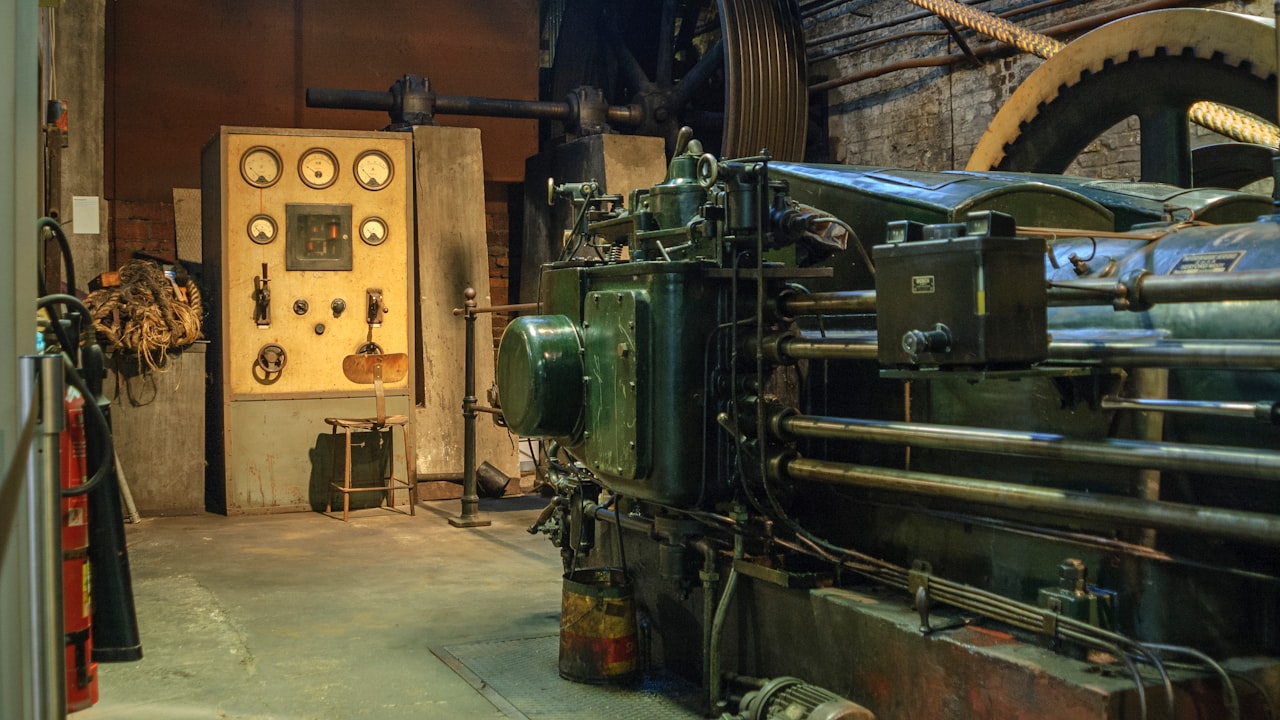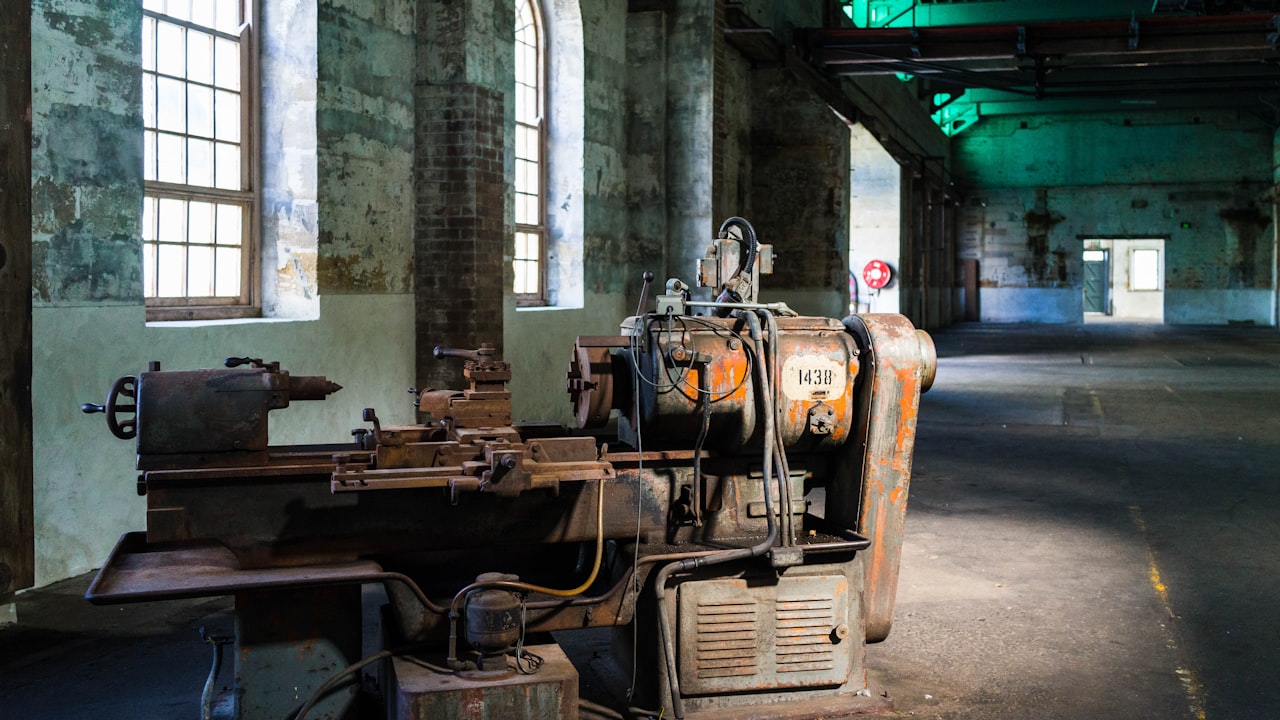Title: Improving Pharmaceutical Manufacturing Efficiency with Advanced Pharmaceutical Machinery
In the ever-evolving pharmaceutical industry, the demand for high-quality, efficient production processes is constantly on the rise. One key aspect of achieving this is through the utilization of advanced pharmaceutical machinery, such as table press machines and capsule filling machines. These innovative pieces of equipment play a crucial role in streamlining production processes, ensuring product quality, and ultimately improving overall manufacturing efficiency.
Table press machines, commonly known as tablet presses, are essential in the production of pharmaceutical tablets. These machines utilize a combination of compression force and die configuration to form tablets of precise dimensions and weight. The TDP (Tablet Press) series and THDP (Tablet High-Speed Double Press) series are examples of advanced table press machines that have revolutionized the tablet manufacturing process. The TDP series offers versatility and reliability, while the THDP series provides increased production speeds without compromising on quality.
Capsule filling machines are another integral part of pharmaceutical manufacturing. These machines are used to accurately fill capsules with the required dosage of pharmaceutical ingredients. By automating the filling process, capsule filling machines help increase production efficiency and ensure uniformity in dosage. The advanced technology used in modern capsule filling machines, such as electronic monitoring systems and precision dosing mechanisms, allows for precise control over the filling process.
The utilization of advanced pharmaceutical machinery like table press and capsule filling machines brings several benefits to pharmaceutical manufacturers. Firstly, these machines enable faster production speeds, resulting in higher output and faster time-to-market for new pharmaceutical products. Secondly, the precision and accuracy offered by these machines ensure consistency in product quality, reducing the risk of errors and rejections during production. Additionally, advanced pharmaceutical machinery often comes equipped with smart features such as automation, remote monitoring, and data analytics capabilities, allowing manufacturers to optimize production processes and minimize downtime.
In conclusion, the use of advanced pharmaceutical machinery, including table press machines and capsule filling machines, is essential for improving manufacturing efficiency in the pharmaceutical industry. By investing in innovative machinery like the TDP and THDP series, pharmaceutical manufacturers can enhance productivity, ensure product quality, and stay competitive in a rapidly evolving market. Embracing technological advancements in pharmaceutical machinery is crucial for meeting the growing demand for pharmaceutical products while maintaining high standards of quality and efficiency.

 Title: Revolutionizing Pharmaceutical Production: The Role of Pharmaceutical Machinery
Title: Revolutionizing Pharmaceutical Production: The Role of Pharmaceutical Machinery Title: “The Role of Pharmaceutical Machinery in Drug Manufacturing: Enhancing Efficiency and Quality”
Title: “The Role of Pharmaceutical Machinery in Drug Manufacturing: Enhancing Efficiency and Quality”



